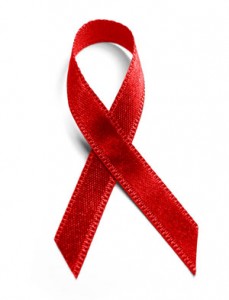 Nicholas Feustel fragt: Wenn weitgehend Einigkeit herrscht, dass die HIV-PrEP funktioniert, wenn man sie nimmt – warum setzen wir uns dann nicht alle dafür ein, dass diese neue Präventionsmöglichkeit auch in Deutschland Wirklichkeit wird?
Nicholas Feustel fragt: Wenn weitgehend Einigkeit herrscht, dass die HIV-PrEP funktioniert, wenn man sie nimmt – warum setzen wir uns dann nicht alle dafür ein, dass diese neue Präventionsmöglichkeit auch in Deutschland Wirklichkeit wird?
Aus anerkannten wissenschaftlichen Studien (iPrEX-Studie und iPrEX-OLE-Studie) wissen wir, dass die tägliche Einnahme einer Tablette Truvada eine sehr hohe Schutzwirkung (im oberen 90-Prozent-Bereich) vor HIV bietet. Ebenso wissen wir, dass nicht alle Menschen jedes Mal, wenn sie Sex haben, Kondome verwenden (siehe zum Beispiel die Ergebnisse der Wiederholungsbefragung „Schwule Männer und HIV/Aids“). Da könnte doch die HIV-PrEP gerade für Menschen aus den Gruppen, die am stärksten von HIV betroffen sind, eine zusätzliche oder alternative Schutzmöglichkeit sein.
Was also könnte gegen die PrEP sprechen?


